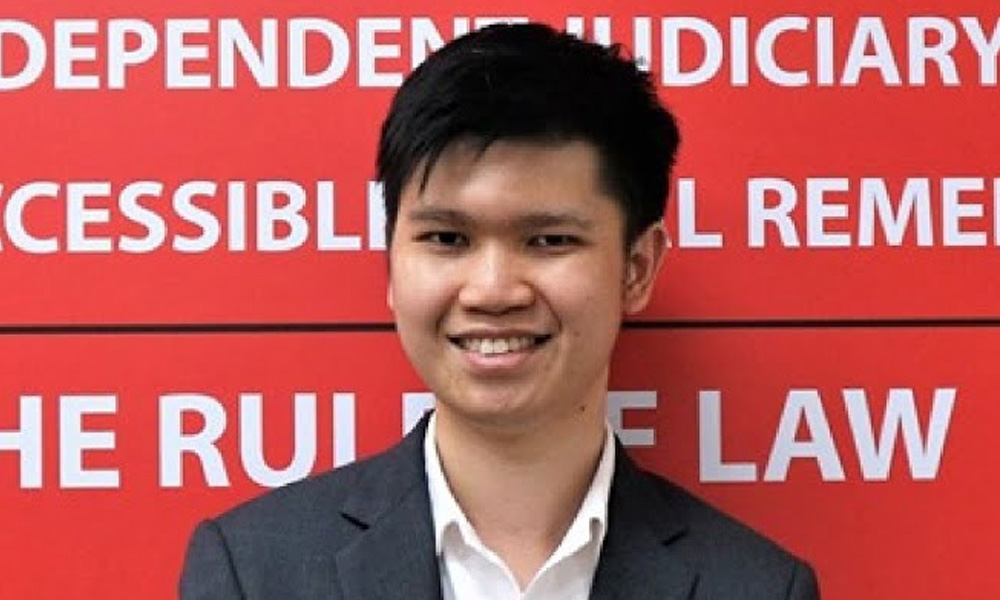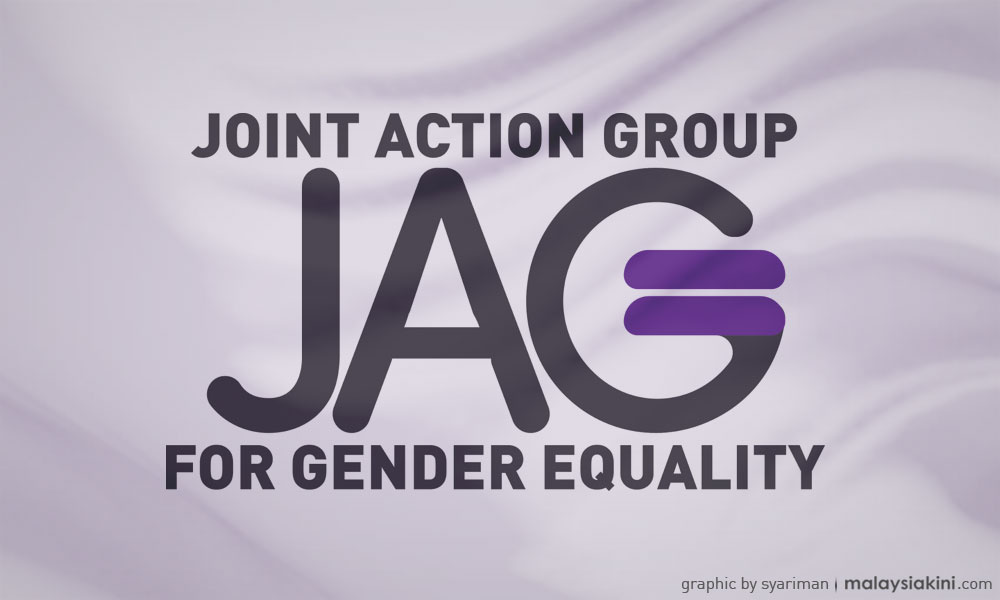Lawyers and gender equality groups have called for law reform after the Federal Court quashed a citizenship bid by a child with a Malaysian father and a foreign mother.
The court narrowly dismissed the 11-year-old boy’s appeal against the government saying that he was “illegitimate” when born. His parents had registered their marriage five months after his birth.
Speaking to Malaysiakini, lawyer Lim Wei Jiet opined that it was not right to deprive children of citizenship for something they had no control over - their parents’ marital status.
“A child does not choose to be born legitimate or illegitimate. The law must accommodate what is in the best interests of a child.
“I believe that the Legitimacy Act 1961 and the (Federal) Constitution should be amended so that a child is not deprived of citizenship just because of the parent's marital status,” he said.
Bar Council Constitutional Law Committee co-chairperson Karen Cheah agreed that a child’s “legitimacy” should not weigh on citizenship. This was due to the potential life-changing circumstances.
“The issue of citizenship of the child is tied closely to the liberty, equality and basic rights of the child such as that relating to education, healthcare, employment, registration of birth, marriage or death, the right to own property and the right to vote.

“These are basic fundamental rights of every human,” she told Malaysiakini.
Gender discrimination
Both Cheah and Lim disagreed with another part of the court ruling which stated that a child who was illegitimate at birth should take the mother’s citizenship.
“I agree that the government's position, which is that an illegitimate child's citizenship follows the mother, is discriminatory to the father and therefore offends Article 8 of the Constitution,” Lim said.
Article 8 stipulates that all persons are equal before the law and entitled to the equal protection of the law. It prohibits discrimination against citizens on the basis of gender, religion, race or place of birth.
“If the citizenship of a child follows the mother, then it has to also follow that of a father, whether or not one is legitimate or otherwise,” Cheah analysed.
Eleven women and gender groups also said they were disappointed at the court decision’s “glaring disregard” for Article 8.
The Joint Action Group for Gender Equality (JAG) stressed that the gender of Malaysian parents should be “irrelevant” in citizenship petitions and called for the constitution to be amended.

“We urge MPs to amend Articles 14 and 15 on citizenship such that it is in harmony with Article 8.
“This will remove any doubt and ensure that both parents have equal rights to confer citizenship regardless of the status of their children and that the rights of children remain protected, they said.
Article 14 stipulates how citizens are conferred citizenship by law.
Article 15 lists Malaysian citizenship conditions for foreign women who are married to a Malaysian as well as for children with one Malaysian parent.
The JAG statement was endorsed by the Women’s Aid Organisation, Association of Women’s Lawyers, All Women’s Action Society, Perak Women for Women Society, Sarawak Women for Women Society, Justice for Sisters, Women’s Centre for Change, Kryss Network, Empower Malaysia and Family Frontiers.
Family Frontiers lead coordinator Bina Ramanand added that Malaysia was standing out for the wrong reasons.
“Malaysia is only one of three countries that denies men equal rights in conferring citizenship on their children who are born out of a legally recognised marriage.
“And it is one of 25 countries that deny women the right to confer nationality on their children on an equal basis with men,” she told Malaysiakini.
The consequences
Legal matters aside, Cheah was concerned about the impact of the ruling on children.
“This decision will have far-reaching consequences on the future of the child who would have to face (challenges in obtaining basic rights) on a daily and continuous basis for many years to come.
“This, in my view, can’t possibly be the purpose and intention of the citizenship provisions under the constitution,” she said.

Hartini Zainudin, who founded Yayasan Chow Kit for at-risk children, was similarly worried and underscored the need for laws to change.
“There is a need for law reform.
“(We) need to ensure it’s about the best interest of the child. They have no recourse or avenue for citizenship elsewhere,” she said.
In yesterday's majority 4-3 ruling, judge Rohana Yusof pointed to Article 14 of the constitution and said that citizenship by operation of law must be determined at birth, not after.
The Court of Appeal president also ruled that an “illegitimate” child followed the mother’s citizenship, citing Section 17 of Part III of the constitution. The boy in question reportedly has a Filipino passport.
Joining her were judges Vernon Ong, Zabariah Mohd Yusof and Hasnah Mohammed Hashim.
The three dissenting judges were Chief Justice Tengku Maimun Tuan Mat, Nallini Pathmanathan and Mary Lim Thiam Suan.
Maimun allowed the boy’s appeal as he had met all the requirements for citizenship by operation of law. A person’s “legitimacy” was irrelevant in determining citizenship provided the biological father’s identity was known, she also said.
The boy in question was born in October 2010 and brought into Malaysia by his Filipino mother, who married his Malaysian father in February 2011.
Their application for citizenship for the boy was rejected by the National Registration Department in September 2012. - Mkini



No comments:
Post a Comment
Note: Only a member of this blog may post a comment.